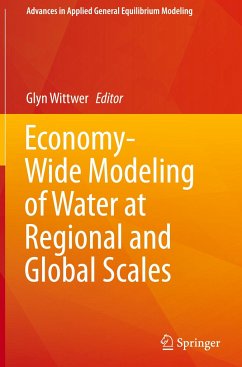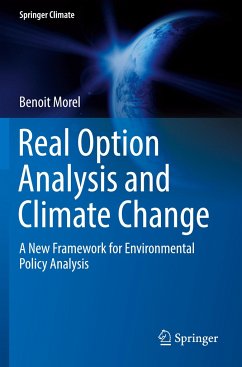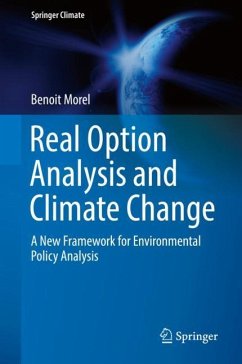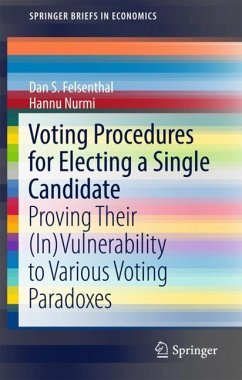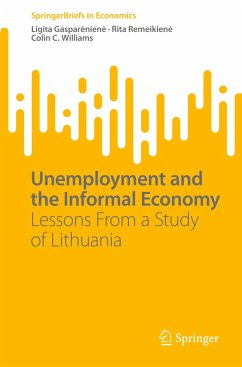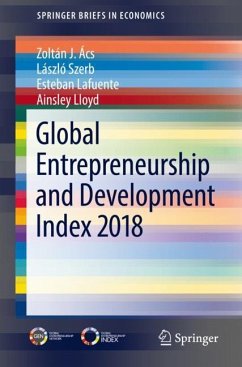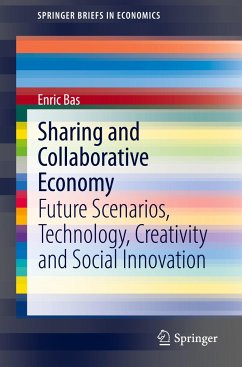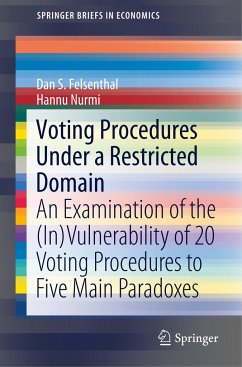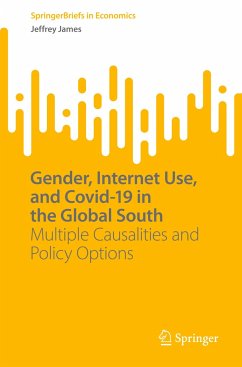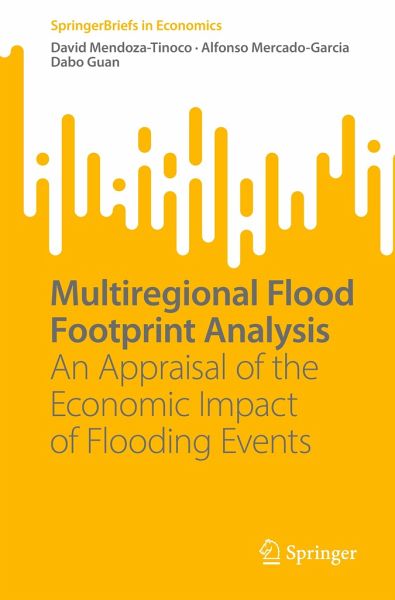
Multiregional Flood Footprint Analysis
An Appraisal of the Economic Impact of Flooding Events

PAYBACK Punkte
17 °P sammeln!
The climate is changing, bringing with it increasing natural disasters around the world. The progress of societies lies in their ability to adapt to the new climatic conditions. Effective climate-adaptation strategies must be based in the sound analysis of the costs of the disasters, as well as the potential benefits and beneficiaries of adaptation strategies. This book offers an appraisal method to capture the total economic costs of flooding events: the Multiregional Flood Footprint Analysis. It captures the economic costs directly caused by physical destruction, and disruptive implications ...
The climate is changing, bringing with it increasing natural disasters around the world. The progress of societies lies in their ability to adapt to the new climatic conditions. Effective climate-adaptation strategies must be based in the sound analysis of the costs of the disasters, as well as the potential benefits and beneficiaries of adaptation strategies. This book offers an appraisal method to capture the total economic costs of flooding events: the Multiregional Flood Footprint Analysis. It captures the economic costs directly caused by physical destruction, and disruptive implications in production propagated through inter-industrial linkages in the current context of a global economy. The proposed method uses the fundamentals of the Input-Output analysis (IOA) in a multiregional dimension. It concludes that damages from natural disasters in one part of the globe may affect many economic sectors in the rest of the world, increasing the need for global adaptation strategies.



